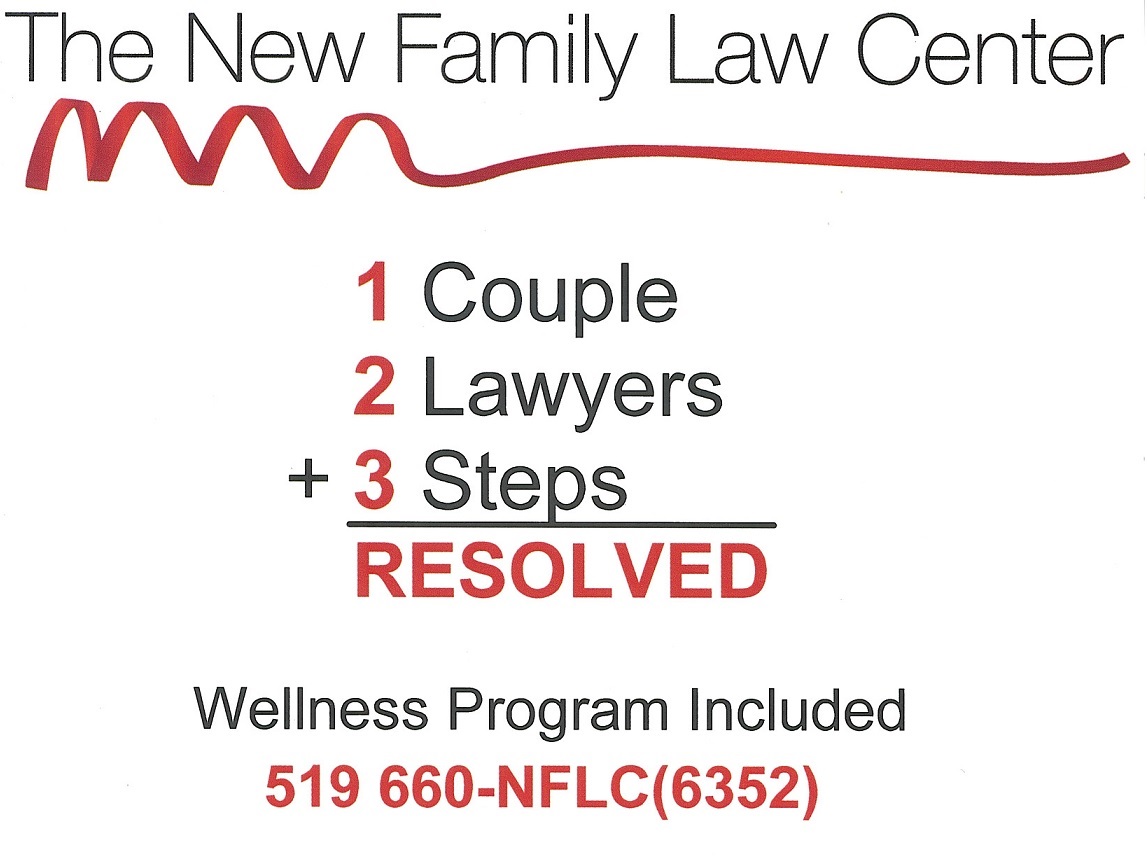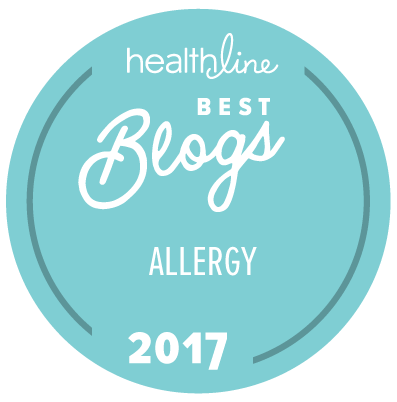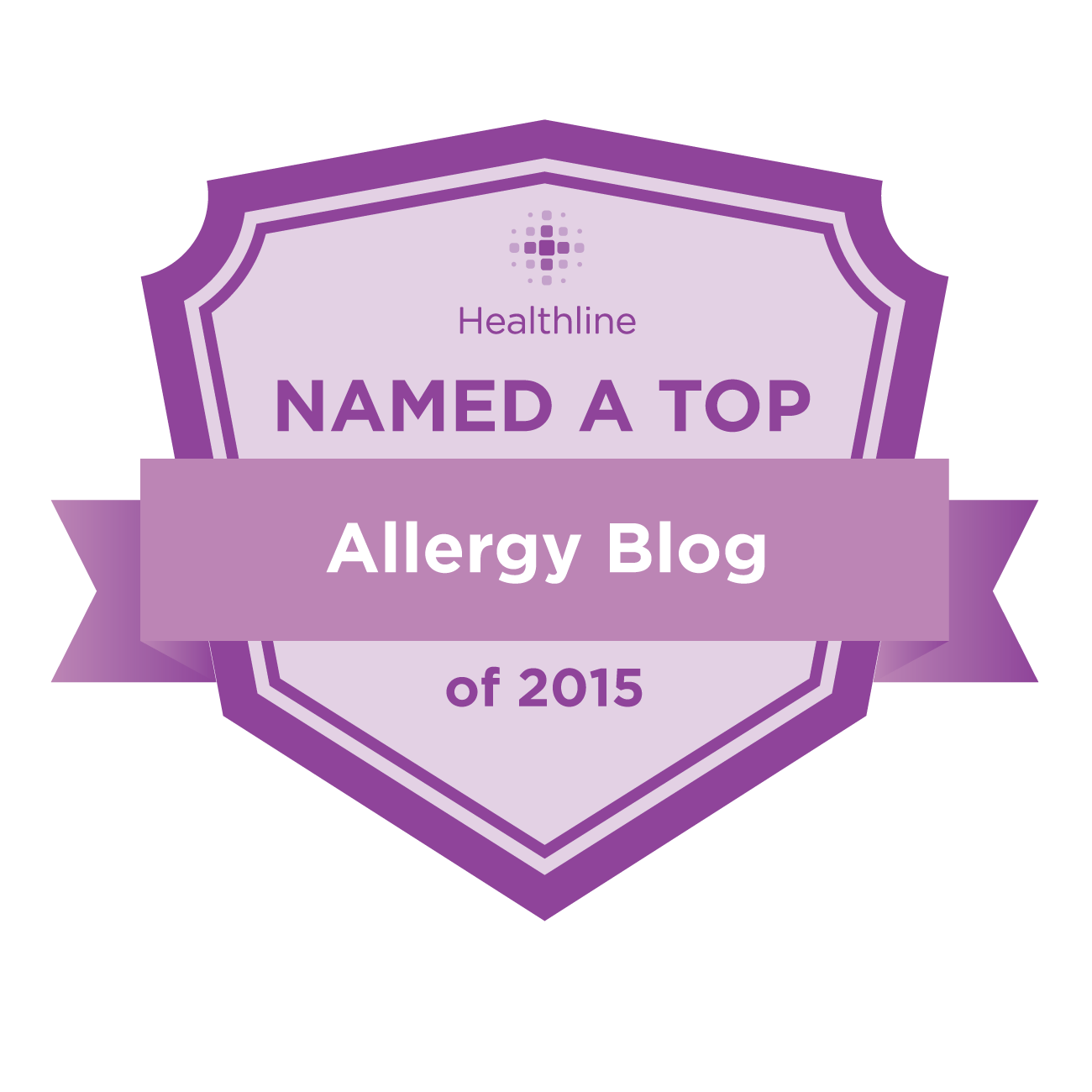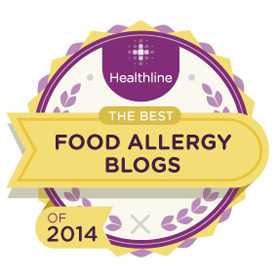 As a lawyer with a passion for helping people with allergies stay safe, I follow news regarding death and catastrophic injuries from allergic reactions at school. Unfortunately, there are many situations to follow. I often wonder why I don’t find many legal decisions regarding allergic loss. There are some, but not many. To send a message, there need to be more.
As a lawyer with a passion for helping people with allergies stay safe, I follow news regarding death and catastrophic injuries from allergic reactions at school. Unfortunately, there are many situations to follow. I often wonder why I don’t find many legal decisions regarding allergic loss. There are some, but not many. To send a message, there need to be more.
In December of 2011, I reached out to a parent whose six year old daughter died just two weeks into her first school year. I located a personal injury lawyer in his jurisdiction, and after explaining the situation to him, the lawyer is willing to take the case. I would provide expert consultation to help him analyze the facts and the law on the subject.
I believe that parents are not bringing claims for allergic injury because they tend to blame themselves for the loss. There are generally decisions they would make differently, were they given a second chance. Having said that, it’s my observation that other mistakes occurred as well, which would justify a claim in negligence and result in compensation for the family’s loss. What needs to be shown is fault (something wrong happened, the risk was foreseeable, there was a duty to warn or to take care), plus causation, and damages.
Case after case of catastrophic injury and death involve teachers or school nurses who failed to recognize an allergic or asthmatic emergency. Once they did realize what was happening, they responded slowly and inadequately, by failing to inject the patient with an EpiPen or choosing to call parents instead of 911.
How many deaths will it take until every State and Province in North America has mandatory allergy safety provisions for schools? Sabrina Shannon’s death in 2003 led to mandatory provisions in Ontario schools, but those policies have yet to be enacted in every province: Quebec doesn’t have policies in place, nor does Saskatchewan. Will Megann Ayotte Lefort’s death in September 2010 in her Montreal school lead Quebec to mandate allergy policies for its schools? There are still two States, New York and Rhode Island, that don’t allow school children the right to carry their own EpiPens. When will those States come on board to help prevent allergic catastrophes?
The Illinois school district where Katelyn Carlson died in her grade 8 Chicago classroom was to adopt allergy protocols the next month. Her death may have contributed to the passage of the Illinois School Access To Emergency Epinephrine Act. State and Federal allergy guidelines and access to epinephrine laws are meaningless, however, if teachers and school nurses don’t know how to protect allergic children from exposure to their allergens, recognize a reaction, and treat it promptly.
Will the January 3, 2012 death of Ammaria Johnson, a seven year old Virginia school girl, in the care of the school nurse in a school with allergy policies cause school nurses to take more attentive care of allergic children? This child had a rash, shortness of breath, and identified food allergies, so presenting at the nurse’s office in that condition should have prompted a high priority response.
Ammaria’s school action plan provided that she should be given Benadryl, but the nurse didn’t give it to her. Her parents had attempted to leave EpiPens at the school, but shockingly, they were told to leave them at home. For the best survival rate, an EpiPen needs to be used in the first five minutes of allergic shock. The nurse did nothing until she noticed this poor child’s tongue was swelling, and then she decided to call the parents. They told her to call 911, and sadly, the child was in cardiac arrest by the time paramedics arrived, and she died on her way to the hospital.
Rehan Butt went into allergic shock from candy with nuts provided to him by a substitute teacher, even though his allergy to nuts was well documented. Rehan is the only child pictured below to survive his allergic reaction at school. His mother was on site and saw him put the candy in his mouth then spit it out. His face became gray and within moments he had trouble breathing. What saved his life was that she immediately injected him with an EpiPen and paramedics were called. He suffered two episodes of full cardiac arrest, but because his reaction was noticed immediately and treated promptly, he survived.
All allergic children deserve attentive care and prompt treatment. How many deaths will it take before this happens? If history tells us anything, it’s that catastrophes are not going to effect change. Legislation is not going to effect change. I submit that when legal claims are brought for each loss and school boards, school nurses, principals, and teachers are held liable in negligence and pay damages for these injuries and deaths, we’ll finally get their attention and prevent further loss through proper training. I hope this happens before the remaining squares in the table below get filled in.
 |
 |
* If you found this post helpful, I would love for you to use the “Sharing Is Caring” bar (below) to share this post via Facebook or Twitter. If you’re reading this as an e-mail message, you need to jump over to my blog first by clicking here.















I always check on the statements by the Food Allergy & Anaphylaxis Initiative after an allergy death. I was very surprised to read this from FAAN CEO Maria Acebal: Acebal said that while many facts aren’t yet known, she was surprised that a student could die a sudden death from an allergic reaction in a school.
I doubt that was a misquote, since I pointed it out to a mutual connection and advised that if misquoted, she should insist that CNN issue a correction notice immediately. No correcting statement was made.
I was also surprised to see a minimizing statement on FAAN’s wall immediately following Ammaria’s death: Sometimes accidents happen, no matter how many precautions we take. They can happen to the most vigilant people managing food allergies. To ensure you’re prepared in case of an emergency, check out FAAN’s Do’s and Don’ts that will help prepare you for treating an allergic reaction. Needless to say, I’m extremely disappointed in FAAN’s response.
I made the decision to homeschool my 6 year old who has multiple food allergies. After thorough investigation of our county schools and nearby private schools, it was very apparent my child would not be safe. Even the Superintendent admitted he did not know anything about food allergies. The biggest problem I find is that there is a massive misunderstanding about the severity of food allergies. People can understand the fact that giving posion to children can kill. But for some reason they can’t grasp the fact that a child’s food allergen can kill the same as posion. Yes, I agree that more lawsuits can make a difference. I also think if everyone will write their senators demanding change and if food allergy families will coordinate their efforts, our mass numbers should make our voices heard.
Allergies of any kind have to be considered high alert situations Staff who supervise children need training. People who I’ve encountered when I tell them of my child’s peanut allergy say oh, isn’t that an allergy they grow out of? Most people are dumb and poo poo these things. Staff have to actually work at schools. Most people could care less about anybody else but themselves. So, if they or anyone in there immediate family doesn’t have or is known to have allergic reactions, they might not really comprehend the brevity of the situation. That is why staff need to know that when supervising my kids, I will rip you apart for your lack of adult responsibility or blasé attitude.
I think it is so important for all the staff at schools to be properly trained and prepared to help a child with an allergy they did not sign up for. As a parent of 2 nut allergy kids 6&7,
i take this very serious. Over the holidays i met a teacher from Virginia and allergies came up in the conversation, since it is our life. This woman went on that children with food allergies have no place in the school system, that they should go to a school for children with disabilities or homeschooled. I tried to explain that school is to learn not eat. The kids have a safe table to eat their lunch in the cafeteria, but all kids deserve a right to an education. She went on that in Virginia children do not have this allergy problem. I was shocked and explained with the rising numbers in life threatening food allergies, it will suface in her area and when it does consider making an adjustment.
She shrugged me off and said from a teachers point of view they just need to be schooled elsewhere, sorry to offend. OMG, i thought, there was no getting through to her. Please educate all teachers and staff all across the world. Ironically, within 1 week of this conversation this precious little 7 year old lost her life in VIRGINIA!
Hello! I thank you very much for this post. In addition to running a support group I teach a professional development course on food allergy safety to childcare workers and anyone else who wants it in my state. This post brings up a great point in that it discusses getting lawyers involved. We just incorporated our support group and are working on obtaining non profit status but I’m having a hard time finding a lawyer in the state to sit on our board. I’ve reached out to them in the past when I’ve had to advocate for families and no luck. Too many children are dying and too many are being treated unfairly. People don’t get that one life lost is too much.
Allergies of ANY kind can be deadly and should be taken seriously. There was no reason Ammaria should have died the other day. This was purely the schools fault and I hope there is action taken against them. Hopefully her death will not have been in vain and that many lessons will be learned.
I so agree with this post. Our countries and especially our schools need to wake up – and sadly the loss of money through litigation usually works better than anything else. Thank you Elizabeth for reaching out to parents with your expertise.
I am going to see what I can do here in NV, I find litigation may not help since settlements are often sealed. Parents also don’t feel comfortable seeking damages when the loss is so personal but as you and I know, it isn’t some sort of payday. I wonder if mabdatory classes like caregivers have to have for CPR are a good idea. At any rate, it is time to try local legislatures Thanks for this, it is heartbreaking.
As a parent of two peanut allergic kids I count on the
Nurse and school staff to act swiftly and appropriately.
My daughter was given trail mix at her after school
Program and suffered her first reaction. Even though
The staff had been trained and had a previous alleric reaction
By another child they also reacted slowly and called parents
First. Fortunately, she had thrown up. I am now working on
Talking to the director to have no nut in the program but she’s not returning my calls. It seems they don’t get how important it is to act fast. They also emphasized they are not allowed by law to even give Benadryl without permission from the doc and parent first. That law or rule is rediculous and needs to be changed! Thank you for this article. I’m going to print it and share it with school staff.
Elizabeth, what a thoughtful (and yet disturbing) post. Thanks so much for being a crusader.